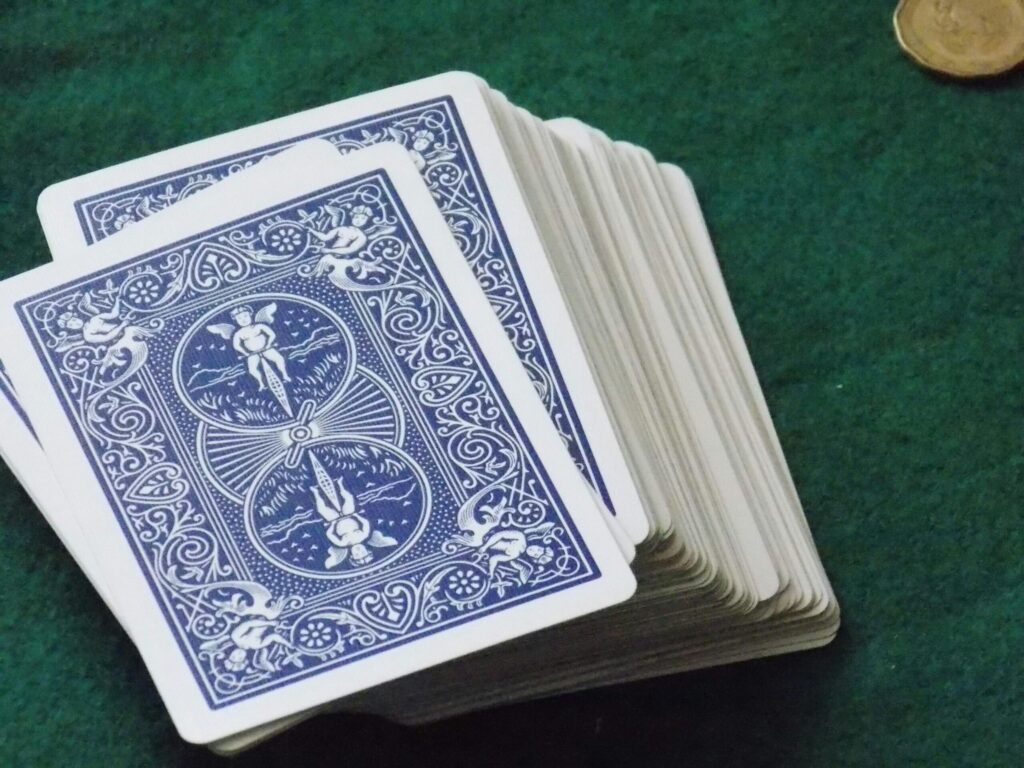Skat is not just a card game; it’s a tradition steeped in history, intellect, and strategy. Originating in 19th century Germany, Skat has enchanted players worldwide, inviting them into a realm where skill, precision, and tactical prowess reign supreme. Whether you’re a novice eager to delve into the intricacies of Skat or an experienced player aiming to refine your strategies, this guide will navigate you through the captivating world of Skat, ensuring you emerge a more competent and confident player.
Understanding the Basics of Skat
Before diving into advanced strategies, grasping the fundamental principles of Skat is essential. Skat is played with three players and a 32-card deck. The game’s objective is straightforward yet challenging: accumulate the highest number of points by taking tricks or by declaring and successfully completing contracts.
Key Components
- The Deck: Skat utilizes a 32-card deck, comprising four suits: Hearts, Clubs, Spades, and Diamonds.
- Bidding Phase: A pivotal stage where players bid to determine the declarer, the one who will attempt to fulfill a contract.
- Trick-Taking: Players take turns playing cards, and the highest-value card wins the trick.
- Scoring: Points are calculated based on the tricks won and the contracts declared and completed.
Strategizing to Win in Skat
Mastering Skat demands more than understanding its rules; it requires strategic finesse and psychological insight. Here are essential strategies to enhance your gameplay:
Master the Art of Bidding
Bidding is a test of wit and bluff. It’s crucial to assess your hand accurately and understand the potential it holds. Overbidding can be as detrimental as underbidding. The golden rule? Know when to be bold and when to hold back.
Card Counting and Memory
A keen memory serves as one of your greatest assets in Skat. Tracking which cards have been played allows you to deduce what your opponents hold, enabling more informed decisions for the remainder of the game.
Developing a Flexible Game Plan
The unpredictability of Skat means flexibility is key. Be prepared to adapt your strategy based on the evolving dynamics of the game. Sometimes, a defensive play could be more beneficial than an aggressive approach.
Practice Makes Perfect
Like any skill, excellence in Skat comes with practice. Engage in regular games, analyze your decision-making, and learn from each experience. Joining Skat clubs or online forums can also offer valuable insights and opportunities to hone your skills against diverse opponents.
Conclusion
Embarking on the journey to master Skat is a fascinating endeavor that sharpens the mind and enriches social interactions. By understanding the basics, implementing strategic plays, and committing to continuous improvement, you’ll unlock the joys and challenges that make Skat a beloved game across generations. Embrace the complexity, revel in the strategy, and let the cards lead you to victory.

